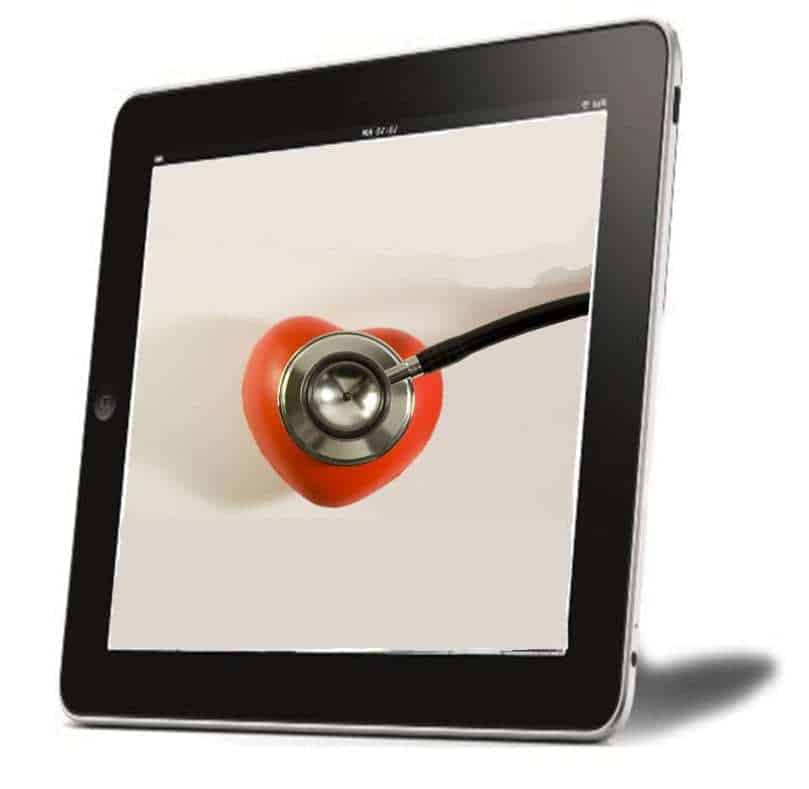Gadgets are helping to improve the link between physicians and people who have experienced brain injuries.
According to a new case study, mobile technology can be exceptionally useful in advanced diagnostic imaging in the efforts to ensure that a patient and a doctor remain connected throughout concussion and brain injury treatment situations.
This use of mobile health tech could assist in improving the decision support environment’s focus on the patient.
The case study revealed ways in which mobile technology can be used within the diagnostic imaging environment, but that its uses could also be expanded to make considerable improvements for a patient-centered decision support environment. In that way, it could become possible to avoid tests that may be unnecessary, as well as treatment delays for certain patients. This was pointed out in the paper published by the study’s researchers at the Electronic Data Methods Forum.
The researchers in this mobile technology study featured the use of a tablet and an app as a bedside aid.
 The tablet and the mobile app could be used by both the patient and the physician in this study. It gave each of them the opportunity to communicate directly with the other, while at the same time, they could work together to assess treatment options for head trauma.
The tablet and the mobile app could be used by both the patient and the physician in this study. It gave each of them the opportunity to communicate directly with the other, while at the same time, they could work together to assess treatment options for head trauma.
This mobile tech solution makes it possible for patients to obtain insight and specific information on their medical condition, and it can offer physicians support in making decisions for treatments. It provides patients the ability to point out their concerns, potential or current issues, and ask questions to the physician when he or she is at the bedside. It also provided the ability for the doctor to be able to take notes.
According to the authors of this newly released mobile technology case study, “The complexity of the changing healthcare system locally, regionally and nationally and the rapid growth of knowledge in complex fields all delay EHR usability. As medicine catches up to available technologies, future electronic systems must not only be usable, but must also support knowledge and promote conversation between patients and their doctors at the bedside.”
